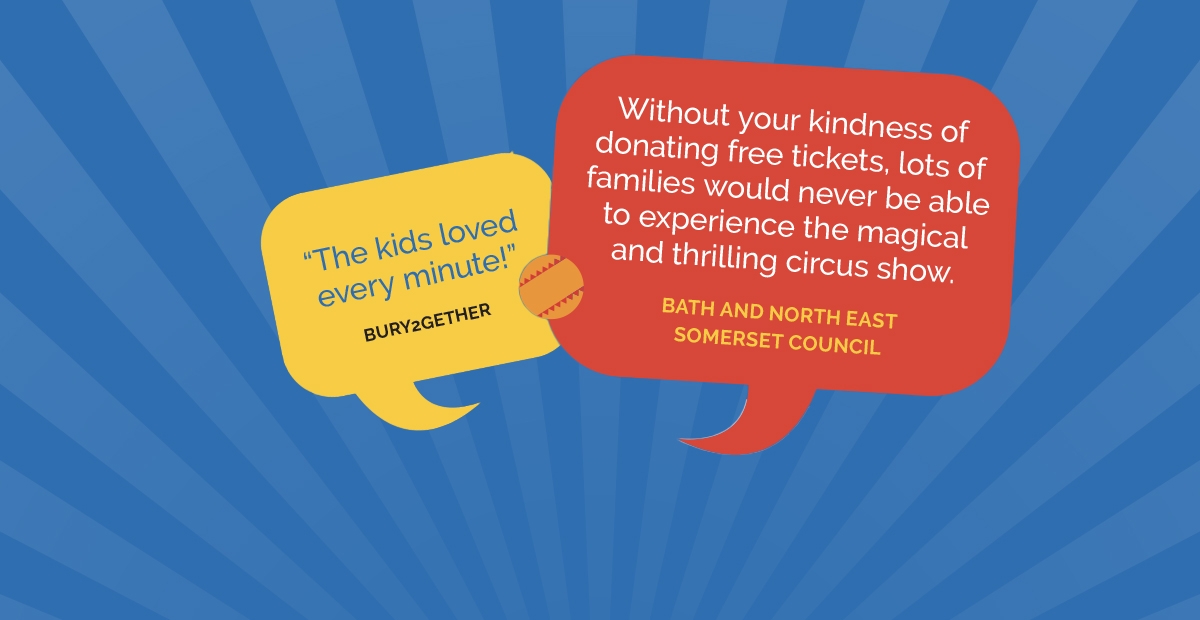Google’s notorious Helpful Content Update (HCU) rolled out in the second half of last year. It has been widely criticised for destroying the visibility of websites that didn’t deserve to have their traffic stifled. Now there are signs that Google are trying to undo that damage (along with the accompanying damage to their reputation) but are they doing enough, fast enough?
The Year of Hell
For a large number of website owners, the past 12 months have been difficult. The two core updates Google rolled out in July and September of last year robbed a lot of websites of almost all of their organic search traffic. If you’re running a site for profit, that can be devastating. The loss of sales, of leads, or of ad revenue from organic traffic lead to companies being forced to rapidly find alternative routes to connecting with their audience or having to downsize or even shut up shop entirely.
For over a quarter of a century, the implicit contract between Google and website owners was, “You provide good user experience and we’ll send traffic your way.” An agreement that was seemingly broken. When you’ve successfully relied on good visibility for what you do on the world’s largest search engine for years, having that traffic you depend on suddenly disappear without warning can be a terrible experience.
False Positives and False Negatives
Google defended the updates, claiming that they were algorithmically targeting poor-quality sites that used manipulative tactics to get strong positioning in the search results. The problem is that while some of the sites which disappeared were just that, many websites publishing genuine, well-researched, hand-written (as opposed to AI-generated) content were heavily penalised, to the point of losing thousands or even tens of thousands of visitors per day. While there might always be the odd false positive when you’re trying to determine something algorithmically, it begs the question if Google actually tested the HCU updates on a large enough sample set before rolling them out.
Then there are the false negatives, the websites which are spammy, or at least definitely unhelpful, who still appear with depressing regularity in the search results. Too many searches lead to websites deliberately set up to manipulate the search results and lead to websites overloaded with adverts, blatant scams (even of the old “your computer is infected” variety), or just straight up trying to infect your device with malware. These sites appearing in search results at all should be anathema to the Google search team, but they’re still there.
User Generated Content (UGC) sites such as Reddit and Quora have surged in visibility on Google over the last year, often providing incorrect information to users’ questions. Since Google made such a show of E-E-A-T, it’s amazing that they’ve been pushing seven-year-old Reddit comments from anonymous users as being authoritative answers to their vaunted Your-Money-Or-Your-Life (YMYL) searches.
This isn’t a small subset of websites being punished or a small number of search queries returning questionable UGC results. Look at any of the big names in the SEO field who are active on social media and you’ll see regular posts about websites hit by the HCU or the massive growth in UGC visibility, typically accompanied by a graph that looks like the profile of a particularly intimidating ski slope.
Taking That Trust and Flushing It
Beyond twelve months of damaging a lot of innocent websites, Google’s other escapades since July 2023 have really harmed the trust the community had in them. First, there is the rather dubious coincidence that Reddit’s presence in Google search results shot up at the same time Google arranged a deal with Reddit to use all of their data for training AI models. Reddit does have a phenomenal amount of data about human interactions, which is probably perfect for training a large language model AI on. But sacrificing good search results with the forced inclusion of UGC content is a steep price to pay to get that data. It has gotten to the point that even mainstream news outlets have criticised the performance of Google as a search engine, something that would have been unthinkable ten years ago.
The flip side of the trust coin that Google tossed into the crapper is their hypocrisy. Google took issue with what they saw as manipulative tactics but were then found resoundingly guilty of manipulative tactics to maintain their monopoly. Google went to a lot of expense and effort to keep their browser and their search engine as the default, leveraging that position to rake in billions of dollars in advertising revenue. While that’s now a matter between Google and the US justice system to set right, for those who have been suffering as Google suddenly deemed their previously successful websites as unworthy, it feels like another twist of the knife that Google thrust into their back.
The August 2024 Core Update
A lot has been promised about the current core update. It’s been finally announced and roll out started after two months of increased volatility in Google’s search results. This suggests that it has been thoroughly tested before being formally and fully added to the core search algorithm. Whether this is a sign that Liz Reid’s tenure as Head of Search at Google is going to be a very different experience, or whether Google are desperately trying to cling to what trust they have left in the community is left to be seen.
There are signs that some websites crushed by the HCU are making a bit of a comeback, in small ways so far. But the sad truth is that many websites that were unjustly hit just no longer exist.
SEO at Yello Studio
None of our websites were hit by the HCU. I’d love to say that we are just that good and our websites all follow the very best practices, but the fact of the matter is that we were lucky. I’ve seen websites destroyed by the HCU which had just as much care taken over following the rules.
While Google retains the lion’s share of the search market we do have to continue working with them. Both for organic search and for paid search advertising. But that may not always be the case, so we have to keep on top of what is happening in the marketplace. Whether Google’s dominance is brought down by users finally having enough of the search giant’s hubris, or if the Department of Justice forces Google to be broken up, there are competitors waiting in the wings.
Microsoft’s Bing holds the status as the pioneer in AI-powered search, including their Copilot AI in search long before Google’s very troubled rollout of AI Overviews. Open AI have finally, after denying it for months, finally admitted they’re working on a ChatGPT-based search tool. Whether these, or a new enfant terrible becomes the new go-to search engine, we just don’t know. But that’s why we pay attention and build websites that work for the end user. Because for a search engine to work well, that’s just the sort of website that they need to show to people.



